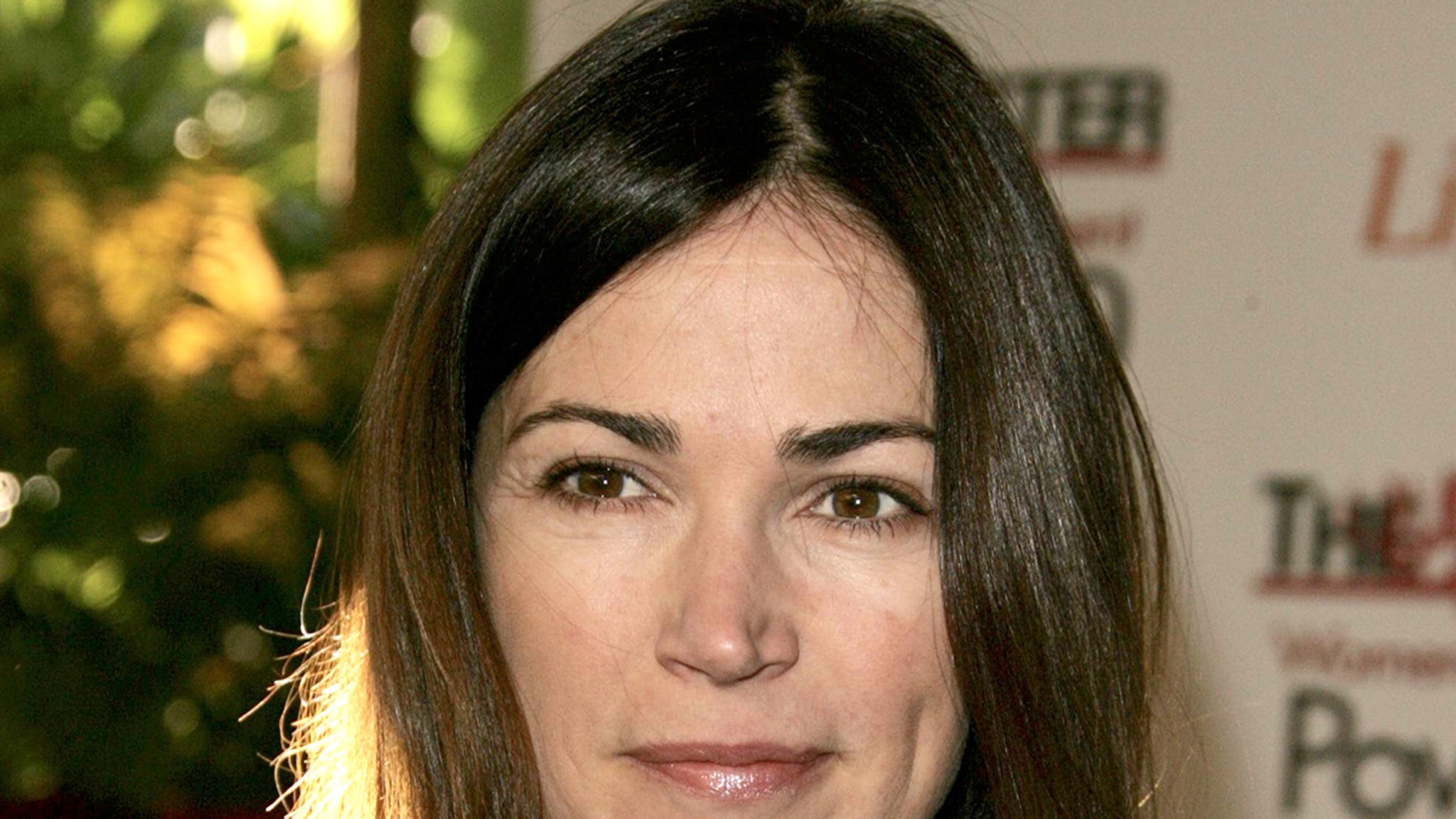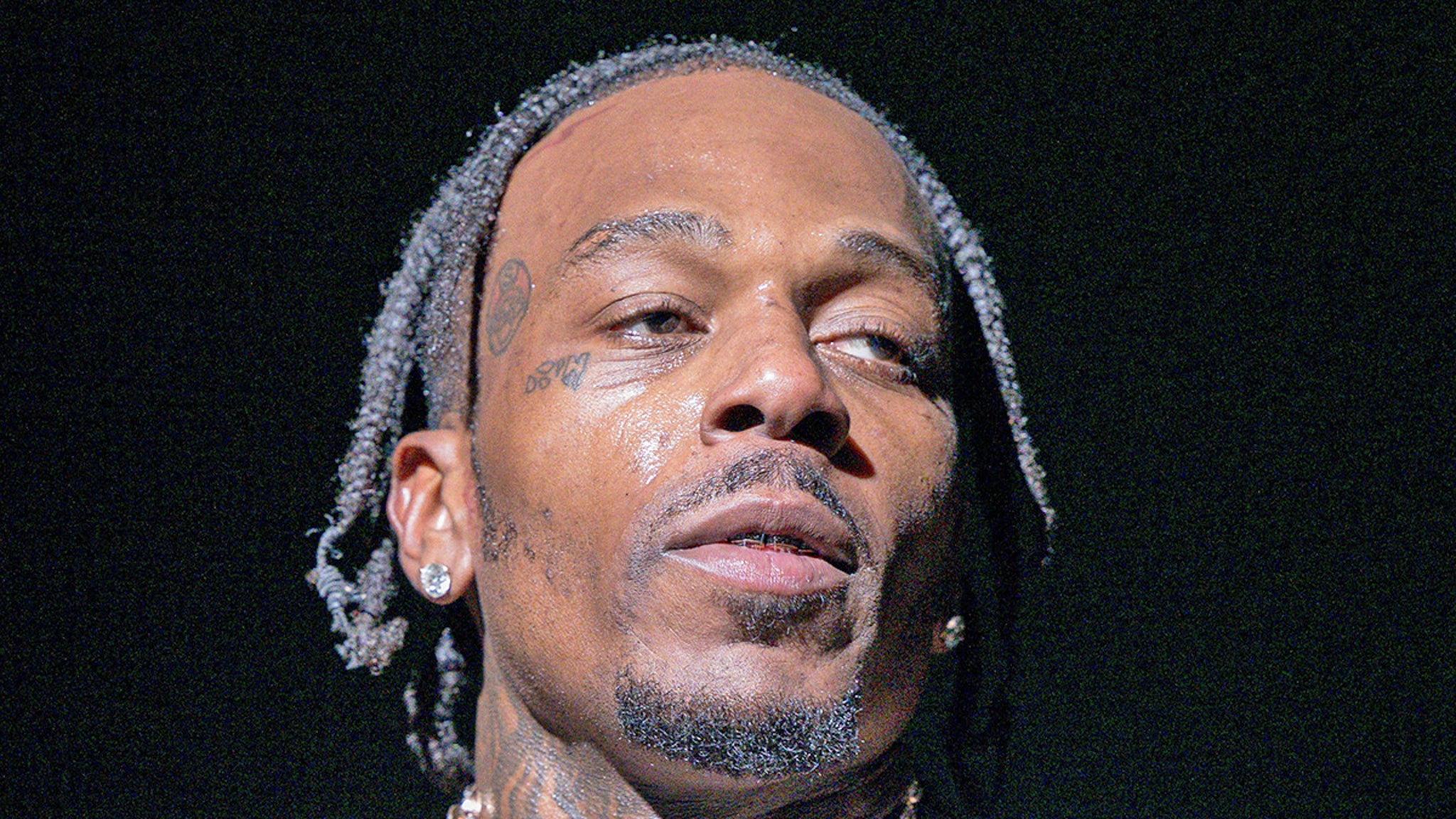Culture
Anarchists Helped Build Up Free Speech. Donald Trump Is Tearing It Down.

What’s remarkable, in retrospect, is not that she and 248 other noncitizens were sent away, but that it took more than 30 years of agitation, dating back to the Chicago Haymarket bombing of 1886, before it happened.
Remarkable too — it is the crux of Willrich’s story, and the fresh layer he has added — was the united front Goldman formed with a very different set of immigrants and immigrant offspring, young lawyers from the slums who fought back against the illegalization of radical speech and were firmly convinced they could win in the courtroom, on the grounds that even extreme political speech should be protected, because a free society depended on keeping the restrictions loose and letting one and all mount the soapbox.
Thus did Goldman’s advocate, Harry Weinberger, a product of the Lower East Side slums who met the tuition for his night school law classes by working as a stenographer, embrace the “liberal ideal of the rule of law.” This was utterly at odds with the anarchist creed of “real liberty,” which dismissed equal justice as a fantasy or delusion. Yet together lawyer and defendant found that, as soon as a hypnotic talker like Goldman took the witness stand, the courtroom became another useful soapbox.
More important still, these early cases helped plant the legal seeds of modern First Amendment law, which guaranteed speech protections even to those who might seem to be inciting rebellion or revolution. At first judges on the nation’s highest courts ruled against them, but eventually some of the era’s pre-eminent legal minds began to rethink the matter. The constitutional framers, themselves revolutionaries, intended “freedom for the thought that we hate,” as Justice Oliver Wendell Holmes Jr. put it in 1929, 10 years after Goldman was deported to a country, Soviet Russia, far more oppressive than the one she had agitated against.
Throughout this early Red Scare, the government’s most useful ally had been the respectable mainstream press, in particular newspapers, which reliably spread fears of the impending terrorist danger and applauded each new tightening of restrictions. Goldman did not exaggerate when she referred to their journalism as government propaganda.


























